Dhaka, Dec 17, (V7N) – The maiden visit of East Timor President Dr José Ramos-Horta to Bangladesh has "ushered in a new era" in the bilateral relations between the two countries, said a joint communiqué on Tuesday.
Both leaders, Chief Adviser Dr Muhammad Yunus and Ramos-Horta, expressed optimism for a stronger and deeper partnership for the mutual benefit of their two friendly nations.
The two nations shared concerns about the pervasive agony of poverty and the rising costs burdening the most impoverished countries.
They called for global efforts to unlock finance through debt cancellation, streamline international financing at the lowest interest rates, and significantly increase official development assistance (ODA) to Small Island Developing States (SIDS), Least Developed Countries (LDCs), and climate-vulnerable nations.
Both countries emphasized that if all OECD nations were to allocate 1% of their national GDP to ODA, it would represent a significant leap forward in international solidarity.
Such a move would positively impact poverty reduction, food security, access to basic health services, education, electricity, drinking water, sanitation, housing, and social security, said the communiqué.
It would also create multiplier effects on economic diversification, particularly in agriculture.
At the official invitation of Chief Adviser Muhammad Yunus, President Ramos-Horta paid an official visit to Bangladesh from Saturday to Tuesday.
During the visit, he delivered a lecture at the Bangladesh Institute of International and Strategic Studies (Biiss) on Tuesday.
President Ramos-Horta paid deep homage to the martyrs of Bangladesh's Liberation War in 1971 and the July-August Revolution of 2024, who made the supreme sacrifice for an independent and discrimination-free Bangladesh.
He also expressed gratitude for the contribution of Bangladeshi peacekeeping forces in East Timor in 2002.
The two leaders expressed satisfaction over the steadily growing relationship between Bangladesh and East Timor.
They underscored the need to capitalize on available synergies and increase economic engagement.
Both leaders appreciated the signing of the Memorandum of Understanding (MoU) on the Bilateral Consultation Mechanism (BCM) and the Agreement on the Exemption from Visa Requirements for Diplomatic and Official or Service Passport holders during the visit.
The visit also explored the potential for advancing bilateral cooperation in various fields, including trade and investment, air services, cultural exchange, education, professional and diplomatic training, disaster management, small and medium enterprises (SMEs), and poverty alleviation, particularly through microfinance and microcredit.
These areas of cooperation will be further discussed between the two governments through the agreed Bilateral Consultation Mechanism.
Both sides discussed other potential areas of collaboration, such as food security, health and nutrition, agricultural cooperation (including contract farming, livestock, and veterinary science), deep-sea fishing and aquaculture, ICT, tourism, the Bangladeshi diaspora, and regional and international issues of mutual interest.
They also emphasized the exchange of higher education experiences through student and faculty exchanges, joint research projects, and collaborative master's and doctoral programs.
Currently, around 200-300 Bangladeshi nationals reside in East Timor.
The leaders discussed the possibility of issuing long-term stay permits (Permanent Residency) and work permits for Bangladeshi expatriates living in East Timor, in accordance with the law.
Both leaders stressed the importance of joint efforts in addressing traditional and non-traditional security challenges, such as climate change, food security, green energy, human trafficking, and transnational crime.
Bangladesh sought East Timor's support for the repatriation of Forcibly Displaced Myanmar Nationals (FDMNs) residing in Bangladesh and urged East Timor to play an active role in international and regional forums to facilitate their immediate return.
Both sides agreed that the resolution to the protracted Rohingya crisis lies with Myanmar.
The two leaders acknowledged the importance of coordinated actions to achieve common objectives within international organizations such as the United Nations.
They committed to jointly supporting initiatives aimed at sustainable development, climate action, international peace and security, protecting human rights, promoting international justice, and fostering economic and social progress.
Grave concern was expressed over the situation in the Middle East, including the tragedies in Palestine and the carpet bombings in Syria, Yemen, and Lebanon.
Both leaders emphasized addressing human rights and humanitarian concerns raised by the international community.
Both countries reiterated their unwavering support for a two-state solution to resolve the Israeli-Palestinian conflict.
They emphasized the right of the peoples of Palestine and Israel to live side by side in peace, with dignity and safety, within the pre-1967 borders.
East Timor and Bangladesh affirmed their support for initiatives upholding the principles of the UN Charter and contributing to a world where conflicts are resolved peacefully, in accordance with international law and the values of the United Nations.
END/MSS/AJ



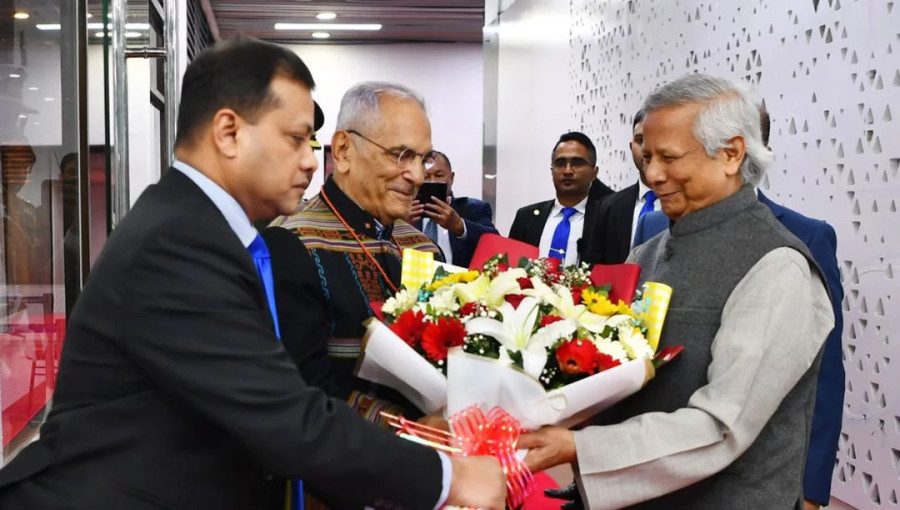
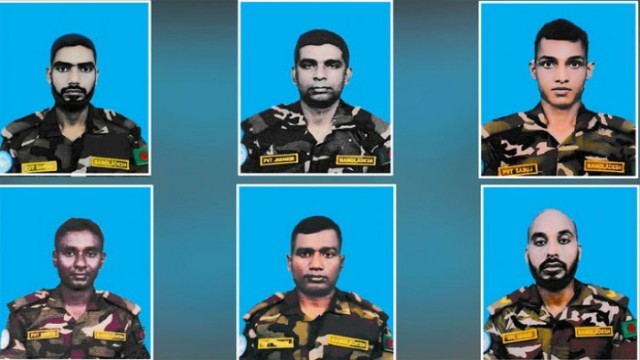
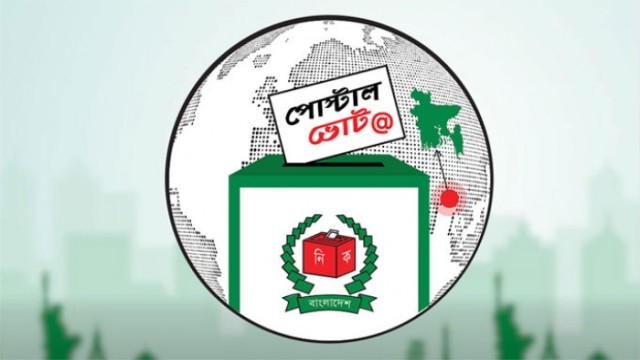
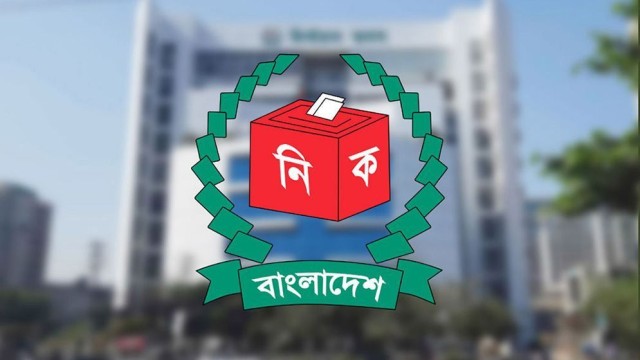
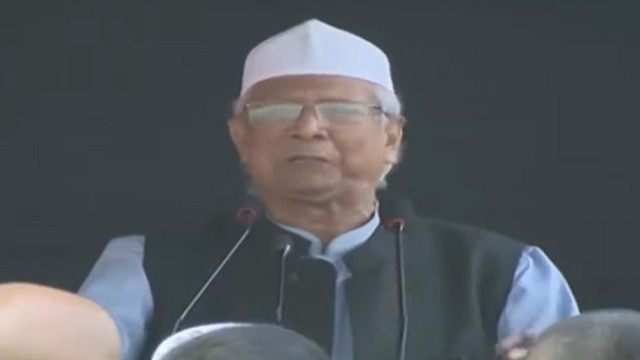
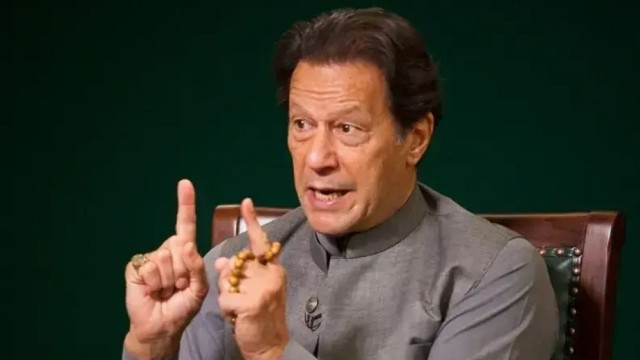
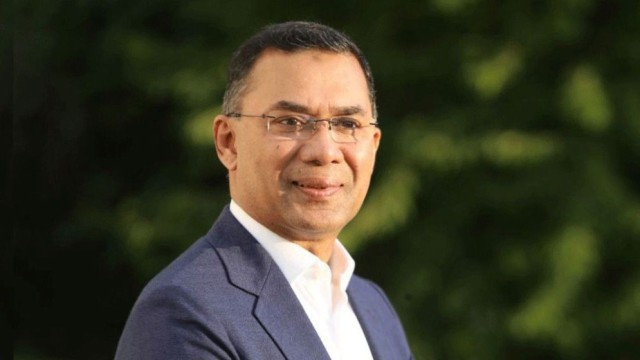
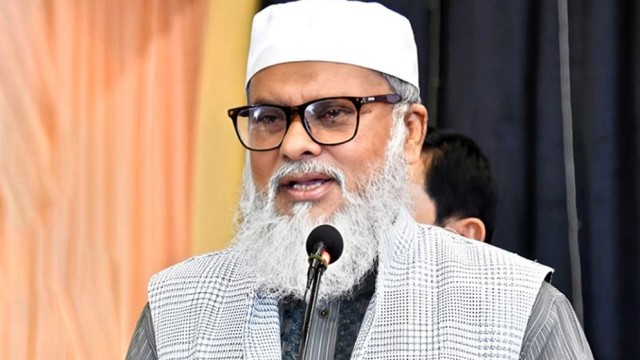
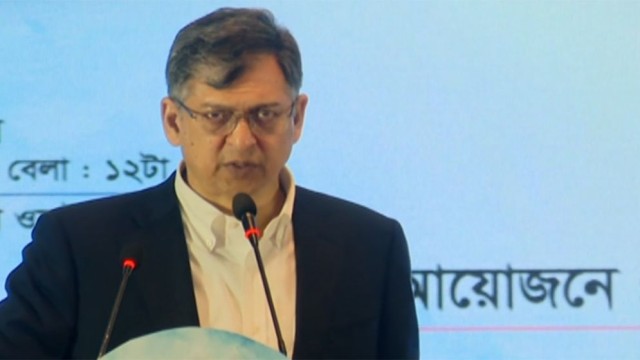
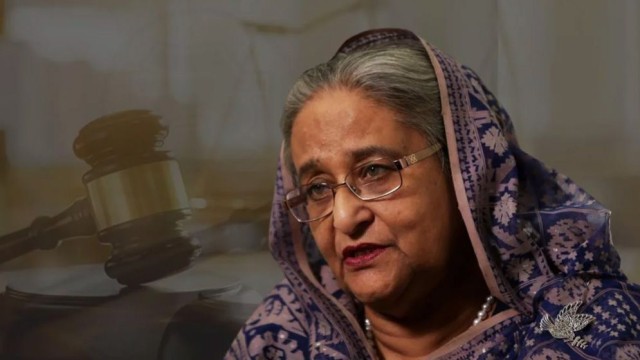


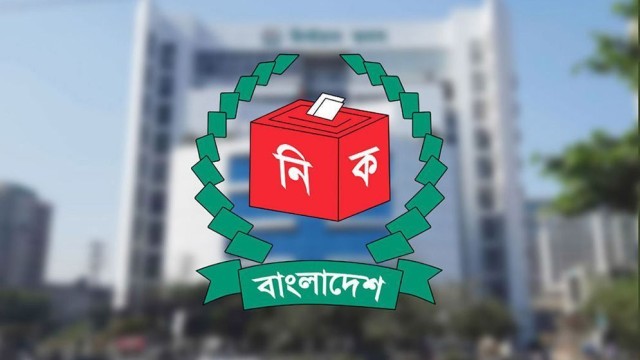


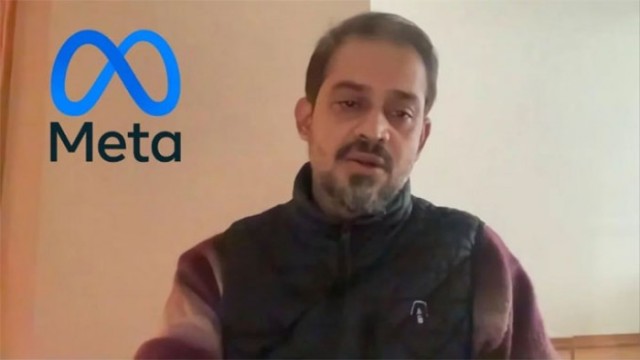
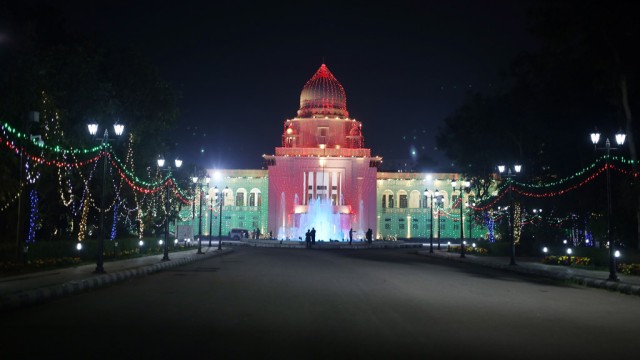

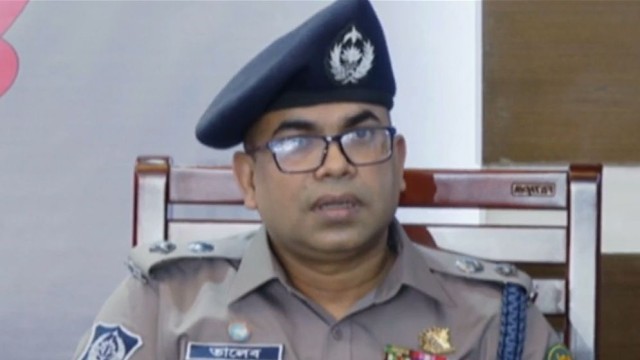
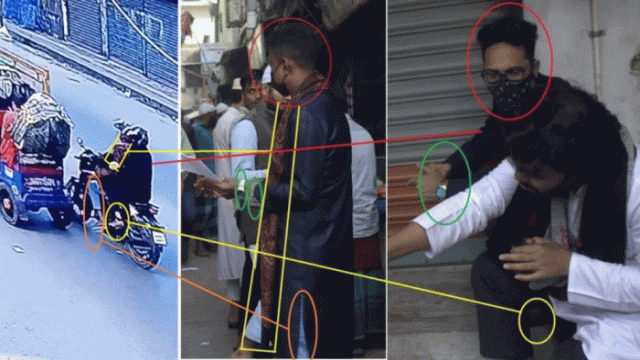

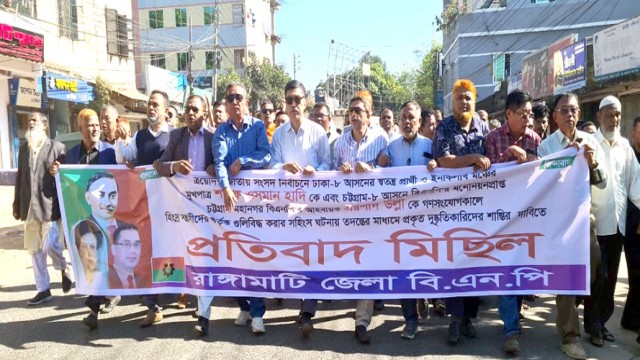
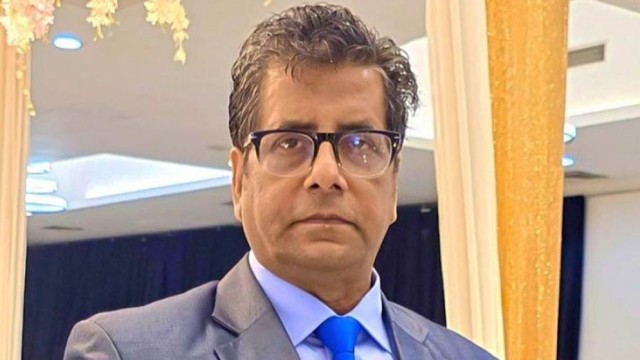
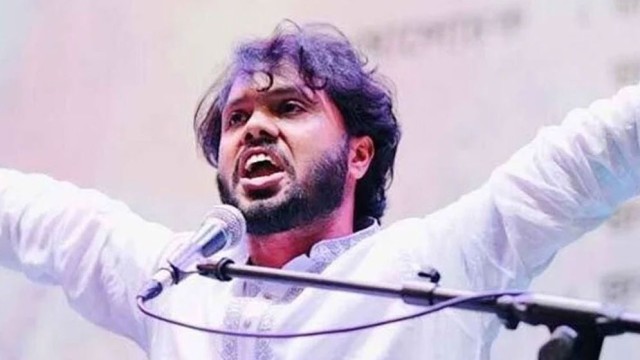
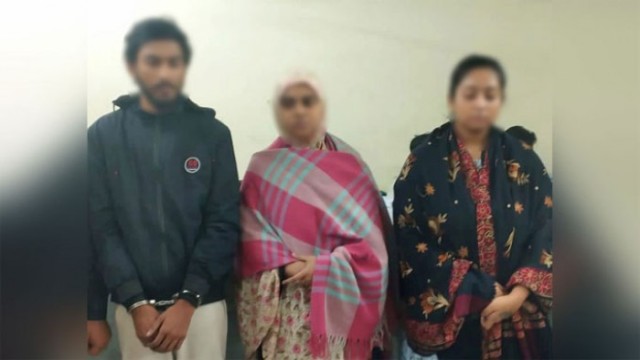
Comment: